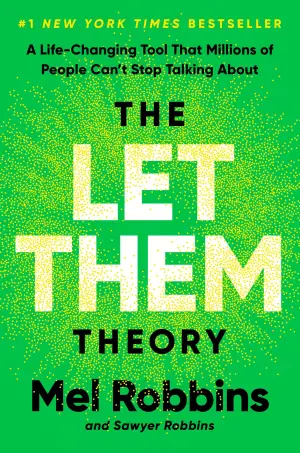A Gentleman in Moscow: A Journey of Charm and Reflection
When I first stumbled upon A Gentleman in Moscow by Amor Towles, I was instantly captivated by the premise: a count sentenced to house arrest in a luxurious hotel. It seemed a delightful setting for exploration and introspection, and I was eager to see how Towles would weave together themes of resilience and charm in the heart of a politically tumultuous time. Little did I know, this novel would offer me so much more than mere escapism; it would blend the effortlessly captivating storytelling I crave with profound reflections on life and love.
From the moment Count Alexander Rostov is ordered to live in the Metropol Hotel, my heart was drawn to his plight. Here is a man stripped of his freedom yet not of his dignity, sentenced to navigate the intricacies of life within the confines of a single building. As Towles explores decades of Russian history, from the Bolshevik Revolution to the post-war era, the lavish surroundings of the hotel become a microcosm of society at large. I was entranced by how the Count’s interactions with a motley crew of guests and staff allowed him to cultivate an extraordinary life amidst restrictions. His charming nature and polite demeanor make him not only a delightful protagonist but also a relatable one, reflecting our human tendency to find joy in small luxuries despite challenging circumstances.
Towles’s writing style is a treasure trove of elegance. Every sentence feels meticulously crafted, reminiscent of a well-aged Bordeaux—rich in flavor yet effortlessly smooth. His ability to infuse humor and wit alongside deeper philosophical musings creates a delightful balance. I found myself chuckling at the Count’s astute observations, particularly when he quips about the lavish ceremonies of the Bolsheviks. His insight, “Pomp is a tenacious force. And a wily one too,” lingers in my mind, offering a whimsical yet profound commentary on the often-contradictory nature of power.
Moreover, the book shines through its nuanced characters. Count Rostov is surrounded by intelligent and independent women who challenge him, adding layers to the narrative. One of my favorite quotes, “Loss is exactly what we must anticipate, prepare for, and cherish to the last of our days,” resonates deeply as it encapsulates the core of human experience. Each interaction—a shared meal, a moment of silence, a heated debate—contributes to a central truth: life is rarely linear but instead unfolds through a series of intricate transitions.
Towles cleverly creates short stories within chapters that are layered with significance. I often found myself reflecting on the phrase, “Life does not proceed by leaps and bounds. It unfolds…”—an echo of my own experiences throughout the pandemic, where like many, I felt a sense of confinement echoing the Count’s. This connection imbued my reading with a unique poignancy, making the Count’s optimism and adaptability all the more inspiring.
In conclusion, A Gentleman in Moscow is a novel that appeals to anyone who appreciates richly developed characters and profound insights into the human spirit. It’s perfect for readers who relish a narrative that combines cleverness with charm; a testament to the resilience of the human heart when faced with adversity. This book has not only gifted me moments of joy and laughter but also encouraged me to consider life’s transitions as gentle invitations to embrace growth.
If you seek a delightful companion in literature, one that resembles a warm conversation over a cup of tea, then I wholeheartedly recommend you delve into the pages of this wonderfully crafted story. You might find, like me, that Count Rostov’s company is just what you need.














